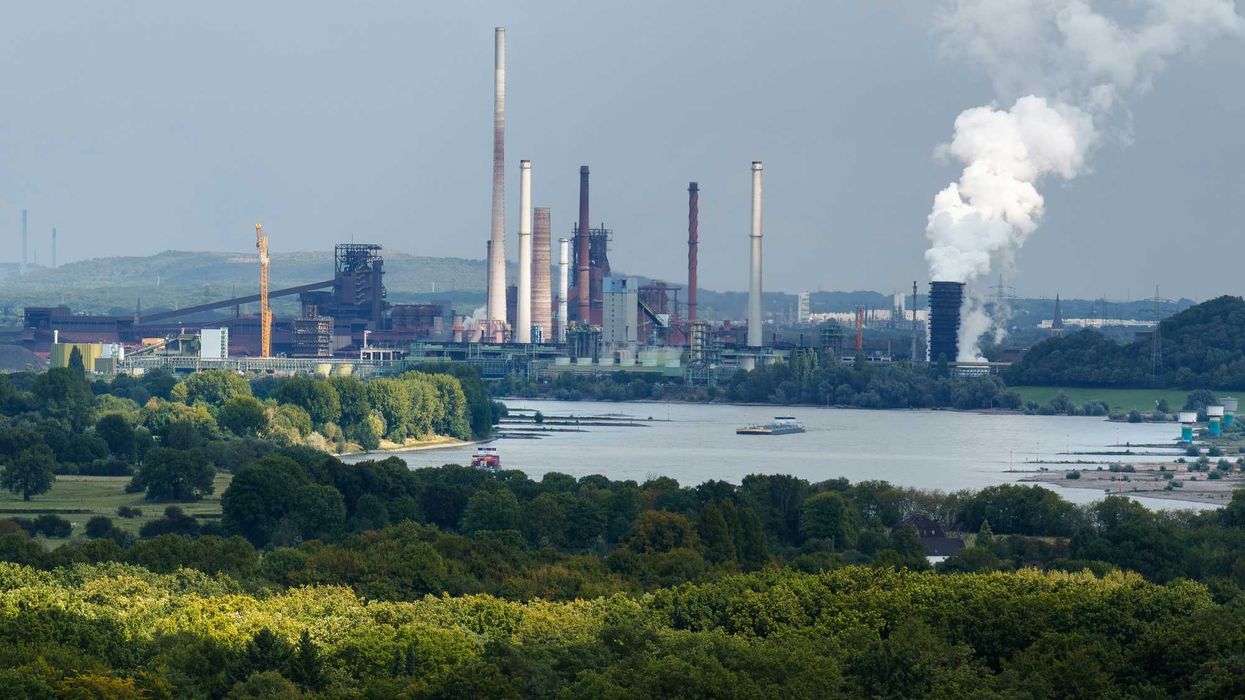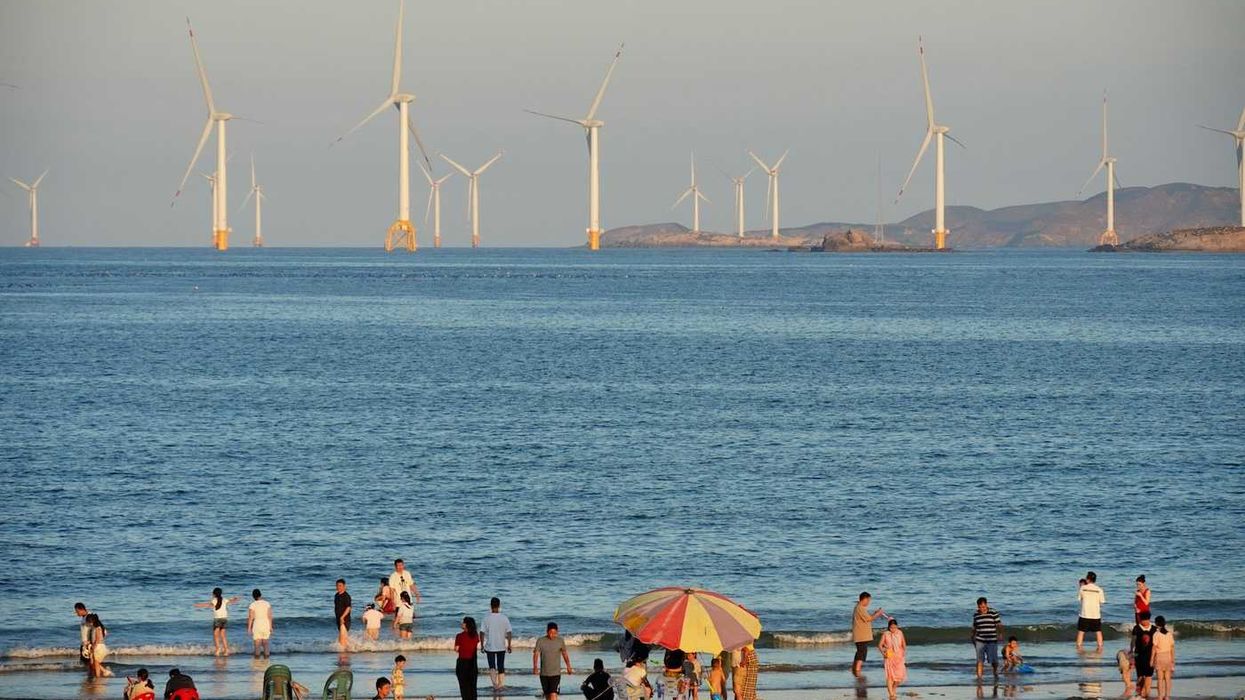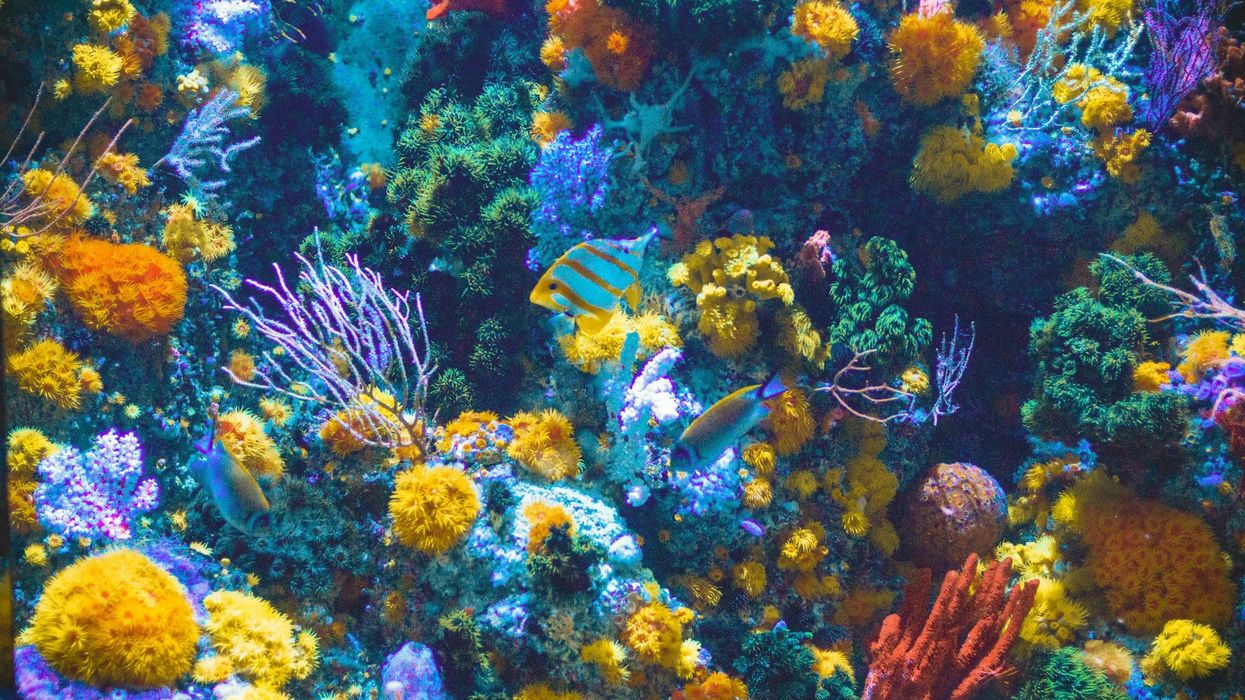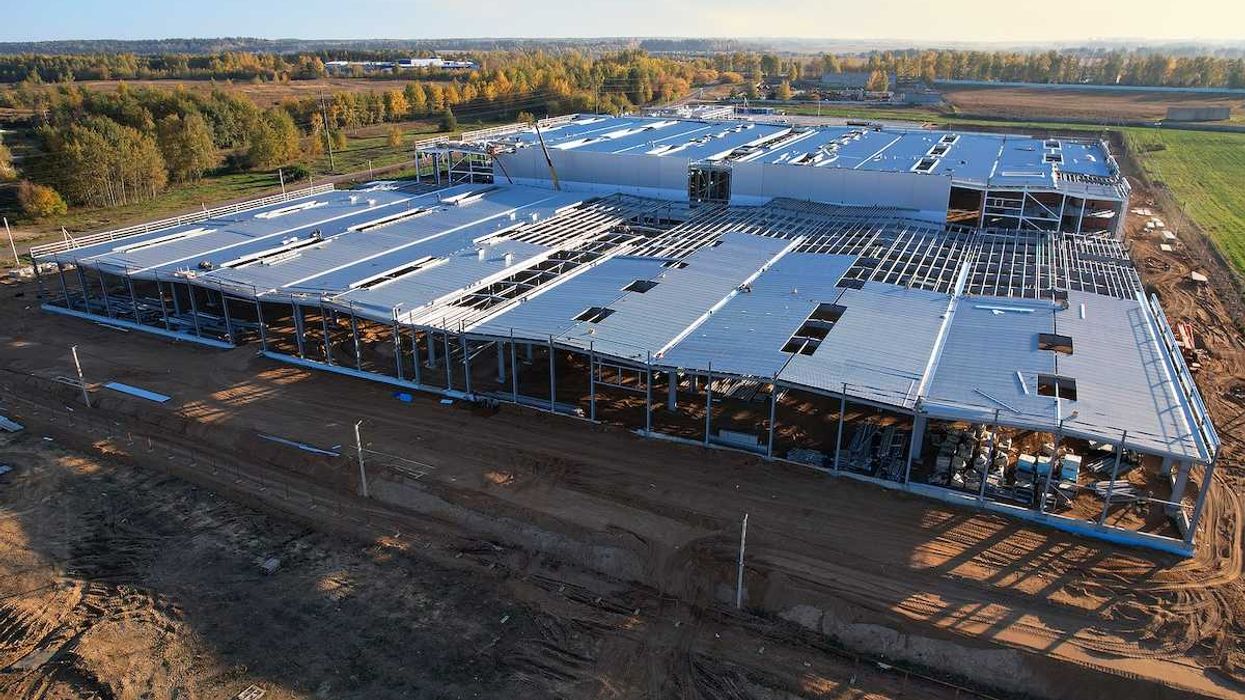Spain increasingly uses desalination to address water shortages for tourism, agriculture, and growing coastal populations.
Stanley Reed and Rachel Chaundler report for The New York Times.
In short:
- Spain's Torrevieja desalination plant produces over 60 million gallons of fresh water daily, supporting 1.6 million people and agricultural needs.
- Spain leads Europe in desalination, and global reliance on desalination is growing due to urban expansion and climate change-driven droughts.
- Environmental concerns include the potential harm of high-salinity wastewater on marine life, though Spain has invested in plant expansion and environmental monitoring.
Key quote:
"We have a very high-quality water from a source of supply that is endless."
— Ana Boix, deputy manager of the Torrevieja plant
Why this matters:
As water scarcity intensifies, desalination offers a critical solution but raises environmental challenges. Desalination plants are energy-intensive, often relying on fossil fuels which contribute to greenhouse gas emissions. In addition, the process produces a byproduct known as brine, a highly concentrated salt solution, which if not properly managed, can severely damage marine ecosystems by altering salinity levels and degrading water quality.














